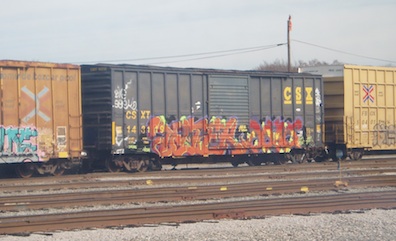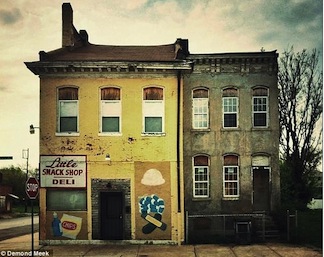In a January 24th, 2013 article in The Cutting Edge, Desmond Patton, a University of Michigan researcher on young African American men and gang culture, we are made aware that gangs are using social media to make threats that sometimes result in homicide. This is called “Internet banging.”
Tag Archives: Gangs
How does urban removal affect our families?
When I go “home” to the city of my birth, I go to the corner where I used to play ball and there is little recognizable. Not even a tree that I used to play under or a shrub that we hid behind those summer nights we played hide and seek. That is probably true for many of you.

In nearly every major city I have visited in the last few years, the “old” neighborhoods are becoming “new”. The new South Side. The new “Bronzeville”. (What do they call it?”) The new Atlanta. The New Newark. Coming eventually: The New Detroit. The lovely new names they give to streets that resemble wore torn Iraq but hold our most cherished memories. The close, warm connections with neighbors & family broken by alcohol, unemployment, crack and then boarded up following the “War on Drugs” that we seem to have lost. Who knew?
I did. I just didn’t understand how it would occur. I remember as a child hearing that the land our home was on was owned by the university even though the home was owned by my parents. That after the year 2000, the land would go back to the university. Well that was inconceivable to me because, after all, the world was supposed to end in 1984. But don’t you know, that seems to be exactly what’s taking place in major cities all over the country. Whenever I take the train passing Baltimore, I see row upon row of houses, boarded up. Factory buildings for blocks, empty, their metal fittings rusted and I wonder to myself, “How did they get all of those people to leave, all at the same time? How do you get whole neighborhoods to vanish?
Of course, it’s the blacks that leave and the whites who move in. The buildings are cheap but they have pretty surfaces: granite kitchen counters and stainless steel refrigerators. They are cheaply built but they have big price tags- too big for the folks from the old neighborhood, many of whom were retired & struggling to pay the rising property taxes. Gentrification seems to mean “Give the younger generation of whites the homes, the land that your memories were made on”. Probably to local government it means new taxes, new income for new businesses, new mortgages for old banks.

To us it means, the destruction of our social networks and our families. To therapists and other healers it means an epidemic of invisible losses, a cutting of the fabric that holds us all together. Watching this phenomenon as well, is social psychiatrist, Mindy Fullilove, a New Jersey native with a keen eye for the effects of the macro environment on the micro-connections between people. What she has come to understand is something we all need to know. Continued…..


